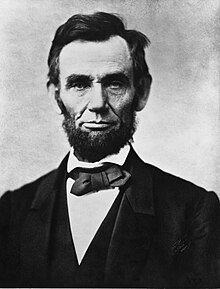 | Review waiting, please be patient.
This may take 6 weeks or more, since drafts are reviewed in no specific order. There are 1,238 pending submissions waiting for review.
Where to get help
How to improve a draft
You can also browse Wikipedia:Featured articles and Wikipedia:Good articles to find examples of Wikipedia's best writing on topics similar to your proposed article. Improving your odds of a speedy review To improve your odds of a faster review, tag your draft with relevant WikiProject tags using the button below. This will let reviewers know a new draft has been submitted in their area of interest. For instance, if you wrote about a female astronomer, you would want to add the Biography, Astronomy, and Women scientists tags. Editor resources
Reviewer tools
|

| This is a draft article. It is a work in progress open to editing by anyone. Please ensure core content policies are met before publishing it as a live Wikipedia article. Find sources: Google (books · news · scholar · free images · WP refs) · FENS · JSTOR · TWL Last edited by [[User:|]] ([[User talk:|talk]] | contribs) 0 seconds ago. (Update)
This draft has been submitted and is currently awaiting review. |
American unionism, not to be confused with labor unions in the United States, is an ideology on the preservation of the legitimacy of American federal government encompassing all states and opposition to individual secession.[1] American unionism has historically been existent during the American Civil War period and Reconstruction period of American history,[2] but has also been affirmed by Supreme Court of the United States decisions, such as Texas v. White.[3] Unionism in the United States arose primarily from the attitudes following Lincoln–Douglas debates, particularly Abraham Lincoln's House Divided speech.[4][5]
- ^ Stampp, Kenneth M. (1978). "The Concept of a Perpetual Union". The Journal of American History. 65 (1): 5–33. doi:10.2307/1888140. ISSN 0021-8723. JSTOR 1888140.
- ^ "Overview | Civil War and Reconstruction, 1861-1877 | U.S. History Primary Source Timeline | Classroom Materials at the Library of Congress | Library of Congress". Library of Congress, Washington, D.C. 20540 USA. Retrieved 2024-11-15.
- ^ Association, Texas State Historical. "Texas v. White". Texas State Historical Association. Retrieved 2024-11-15.
- ^ "Lincoln warns that America is becoming a "house divided" | June 16, 1858". HISTORY. Retrieved 2024-11-15.
- ^ "Free Soil Party, anti-slavery, 1848, westward expansion, Wilmot Proviso, U.S. politics, sectionalism, Free Soilers". Bill of Rights Institute. Retrieved 2024-11-15.